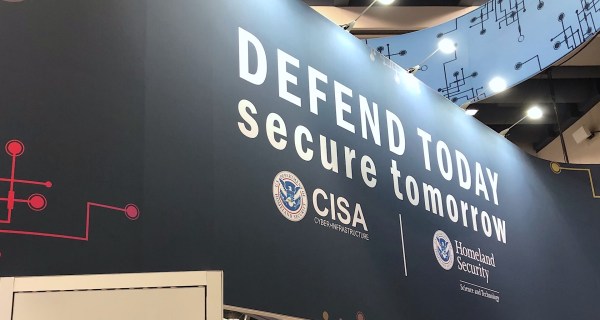New toolkit from Harvard fellow could help local election officials prep for November

A new digital toolkit created by a Harvard fellow could help local election officials prepare for November.
The Election Toolkit includes website templates, data tools, civic icons and other digital resources meant to help local election officials better distribute nonpartisan election information to their communities — digitally or otherwise. The site also includes a guide to help officials use the resources.
Harvard Technology and Democracy Fellow Tiana Epps-Johnson, who developed the resource during her tenure at Harvard’s Ash Center for Democratic Governance and Innovation, said elections are “the heart of our democracy,” making it crucial to give elections officials the tools they need to do their jobs.
“Oftentimes election officials have to wear a lot of different hats, whether they’re supporting coworkers or planning new technology or informing communities,” she told StateScoop after she launched the site last week. “We saw the toolkit as an opportunity to aggregate the information and act as a coherent resource to save time in researching tools that are tested and definitely work in the elections process.”
Epps-Johnson worked with her staff at the Center for Technology and Civic Life, where she serves as executive director, to build the toolkit. She reached out to election officials beginning in July 2015, asking what resources they needed most for their jobs. Her team used the feedback to design the toolkit, and, in December, began testing the site with users.
The toolkit was built with a $400,000 grant from the John S. and James L. Knight Foundation.
Kim Alexander, founder of California Voter Foundation advocacy group, told StateScoop that the toolkit addressed an area where many communities need help as they put out election information: social media.
“What I like about this is that it’s not just focused on the website but also focused on social media and how to push information out to voters, which I think a lot of counties could improve upon,” she said. “Some counties have very robust media outreach programs and others don’t. Some of them are just treading water, trying to keep their heads above water while they’re running an election.”
Epps-Johnson said she hopes the toolkit will help election officials save time.
“We saw the toolkit as an opportunity to aggregate the information and act as a coherent resource to save time in researching tools that are tested and definitely work in the elections process,” she said.
Editor’s note: This story was updated to clarify that the tool was developed by Center for Technology and Civic Life while Epps-Johnson was a fellow.





